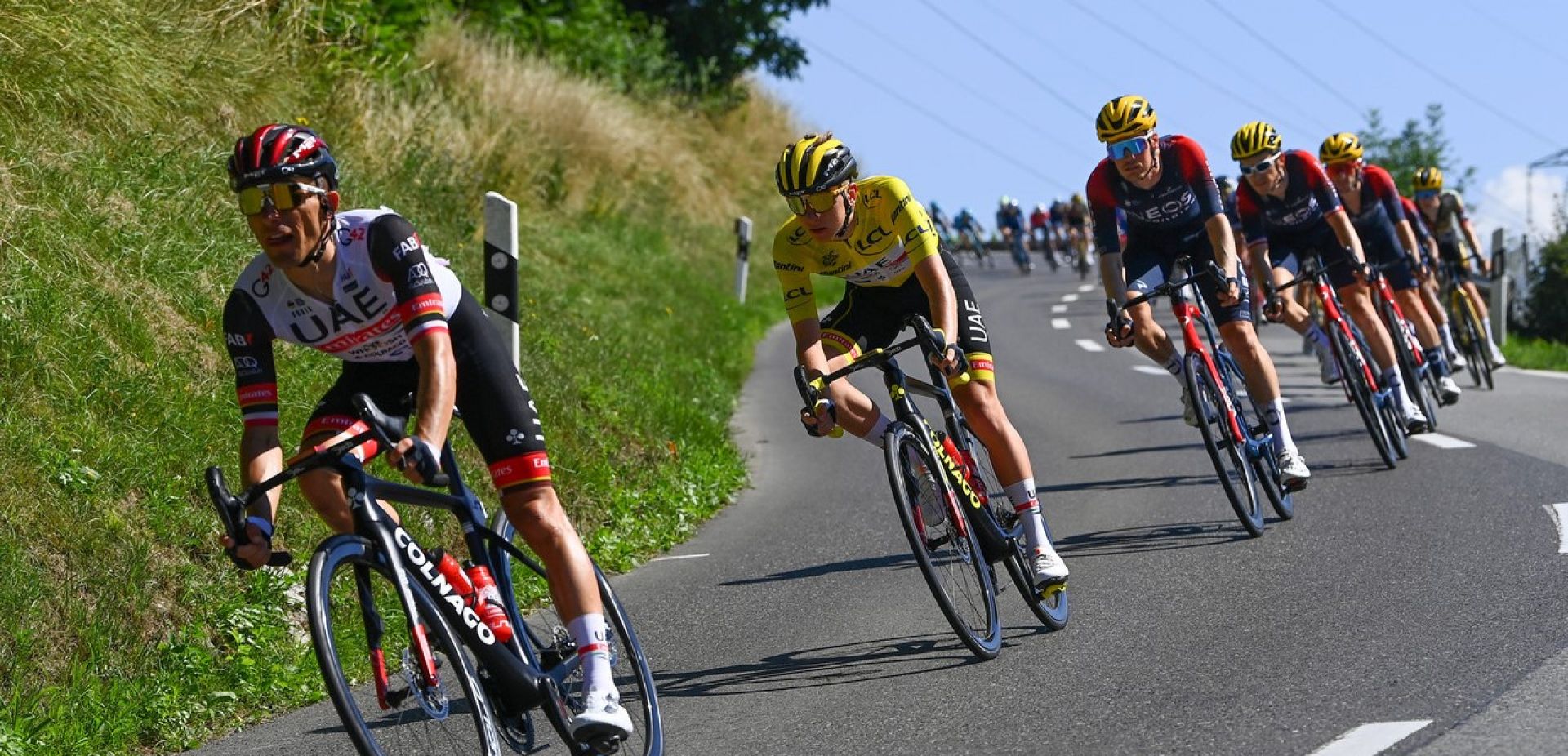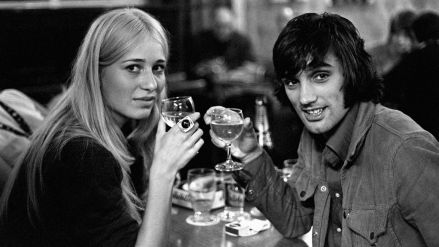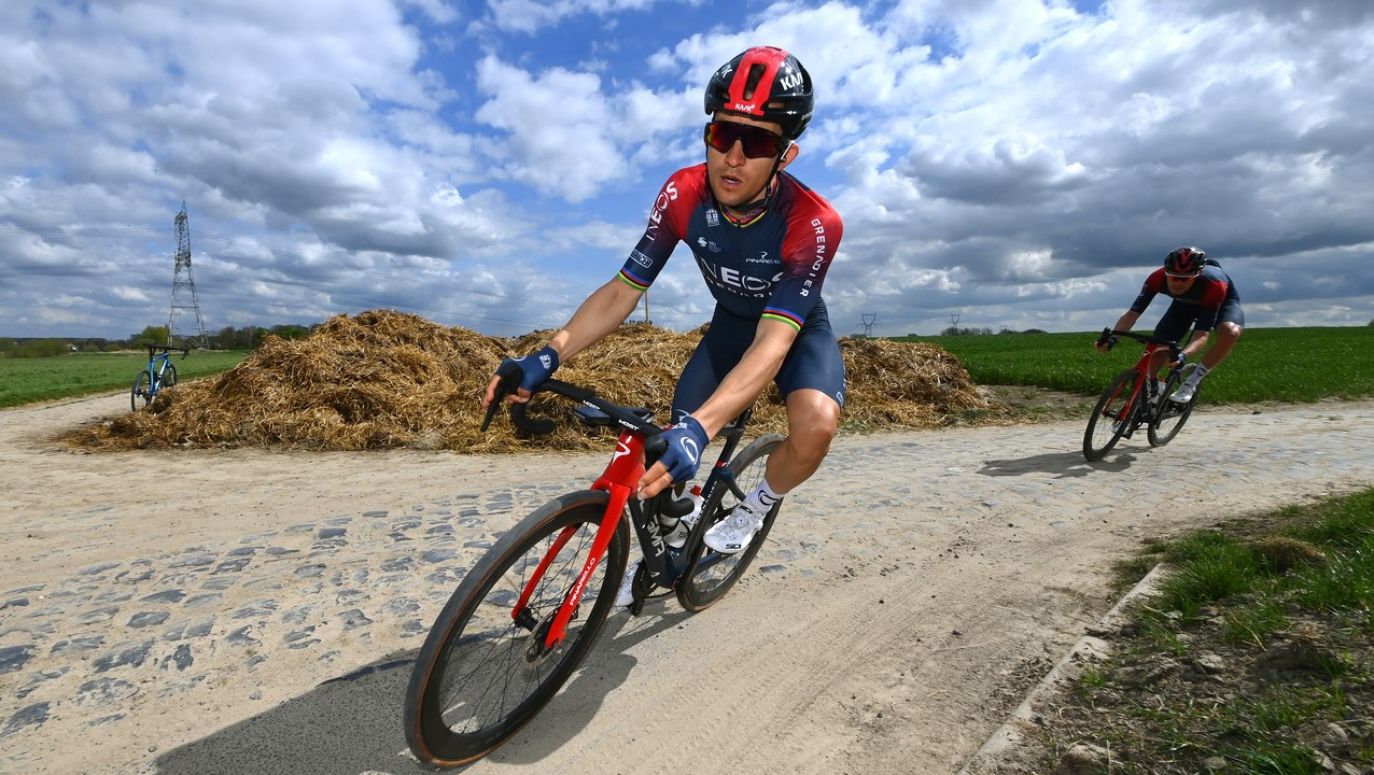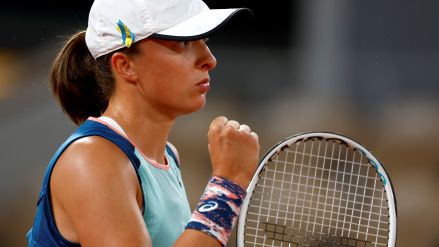We know the winner of the 2022 Tour de France.
The Tour de Pologne starts on July 30.
The Tour de France is a world sporting icon, not just cycling. It is seven years older than the modern Olympics. It started in 1903 and lasted throughout the twentieth century, (with two breaks for the world wars) and as always, it’s going strong today, over the Alps and Pyrenees.
At times, the distance has been held at over 5,000 kilometres. This year’s was over 3,000 but not easier. It was broadcast by over 80 channels to 180 countries. It means big profits and lucrative pay for the best.
The prize money is not fixed. It can vary as much as twice or even three times higher than usual. Market conditions determine the sponsors’ contributions. But these can vary depending on the pandemic for instance, economic depression or even war.
In 2007, the prizewinning pot amounted to EUR 3,200,000 and the were EUR 450,000 for the winner. In 2001, the pot amounted to a total of EUR 2001 2,288,000 with EUR 600,770 to the eventual winner Tadej Pogačar.
Team sport
Despite outward appearances, cycling is a team sport. One individual triumphs, but it’s the work of many. Solo efforts fall by the wayside during events such as the Tour de France, Giro d’Italia or the Vuelta a España. You can’t show off during a race of twenty stages or more.
Broadly speaking there are two main types of cyclist- those for endurance and others for the sprint. To the first category belong the hills and time trials competitors. The second, sprinters, come into their own during the finishes and their ability to disperse the rest of the field.
There’s a rich vocabulary of cycling slang that define the cyclists’ job. One is called on to “disperse” the field. His job is to cycle in front of the leader at maximum speed. He slipstreams those behind him. A couple of hundred metres before the finish line the leader overtakes and takes the victory.
 SIGN UP TO OUR PAGE
SIGN UP TO OUR PAGE 
The sprinter, and usually a competent rider, who takes on the role of a disperser during the stage can be a “welder”. He has to be aware, because if there a chance of a breakaway by a group he should react immediately, chasing any breakaway riders and pulling the leader behind him.
Usually the pursuit if the leader is joined by a group from various other teams and the “welders” can eliminate such a move: “welding”. Each rider in any group has a clearly outlined task to perform and so it’s a true team effort.

 SIGN UP TO OUR PAGE
SIGN UP TO OUR PAGE 







